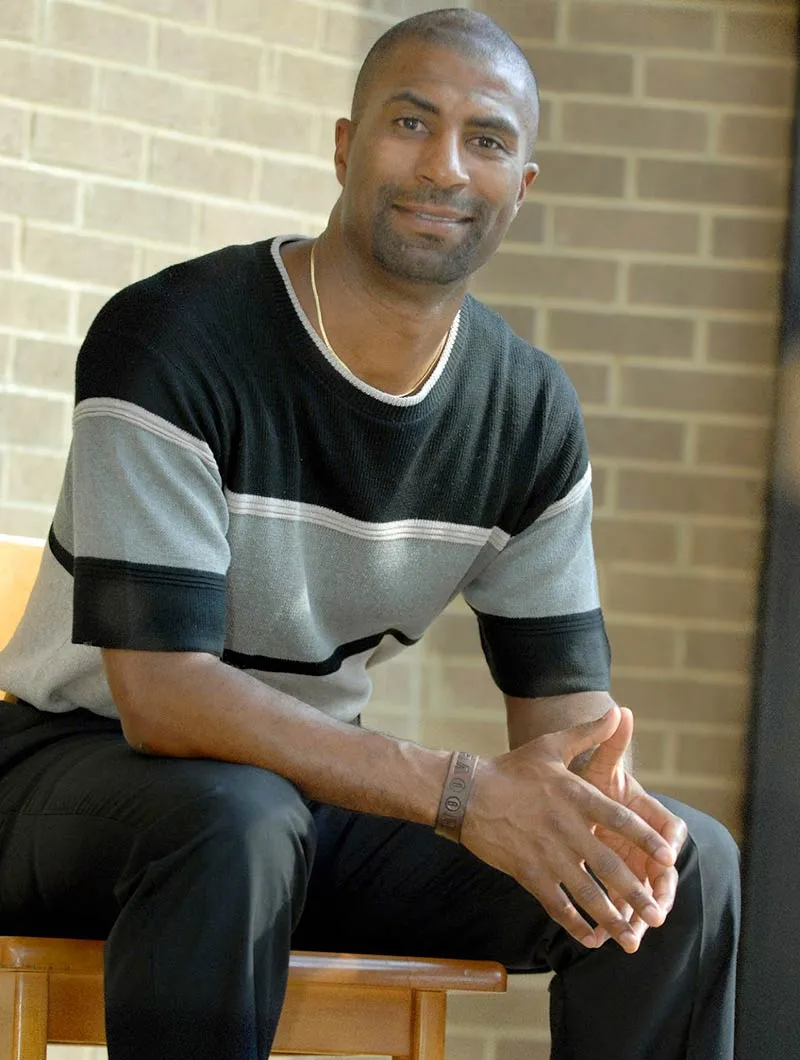
This January, Tulane University welcomed economist Gary ‘Hoov’ Hoover as Executive Director of the Murphy Institute and professor in the Department of Economics. Hoover is the current and founding editor of the Journal of Economics, Race and Policy, is co-chair of the American Economic Association Committee on the Status of Minority Groups in the Economics Profession, and was the inaugural speaker for the 2021-2022 School of Liberal Arts Dean’s Speaker Series: Anti-Racism and the Disciplines.
We sat down with ‘Hoov’ to speak about his research in the field of economics, his goals for the Murphy institute, and increasing diversity across the field of economics.
Emily Wilkerson (EW): You draw connections between economic policy and its impact on income equality and race. Can you break these relationships down for us a little bit?
Gary ‘Hoov’ Hoover (GH): To understand these connections, I like to turn to our relationship with the government as taxpayers. We can start with the fact that the government holds resources. As a citizen I’m paying taxes, and I’m collecting resources from the government. In addition, individuals and groups are lobbying for policies that we hope put citizens in a better place to extract those resources. Looking at a more specific example, we can consider the 2017 tax cut: the policy for this tax cut was passed under the pretense that it would be great for ‘all Americans.’ Well, that’s when I come into the picture. I look at how ‘better’ and ‘great’ actually translate. I look up and down the income distribution to see if the cost of that policy or the benefits of that policy are uniformly distributed among taxpayers.
There’s lot of ways to see how this distribution is handled. Are the costs and benefits equal across gender? Across race? Across citizenship status? Although a large portion of my work focuses on race, it is not just about race. It’s also about income, gender, and a lot of dimensions to see how policy is impacting people and groups.
EW: What disciplines would you describe your work traversing or incorporating?
GH: I am an economist. But what I recognize, and what makes the Murphy Institute so fantastic, is that political economy touches every discipline on campus. The philosophers are going to look at a particular policy, and they’re going to examine the moral and ethical implications of that policy. The political scientists are going to look at the same policy and examine how it was made. And lawyers are going to examine the policy from a legal perspective. As an economist, I want to know what the economic outcomes of this policy are going to be, even when economic impact might not be the main goal (such as with environmental policy, like rejoining the Paris Agreement).
EW: This brings us to your new position as Executive Director of The Murphy Institute at Tulane. What drew you to Tulane and what are you most excited about addressing in your new position?
GH: Beginning my role this semester, I’ve developed a four-point plan that focuses on expanding the reach of the Murphy Center. On one hand, this means emphasizing data literacy and policy analytics, because until we have the data in economics, we have theories. In order to do this, I’m looking forward to the Murphy Institute doubling its partnerships across campus, so students would be engaging with other departments such as mathematics, computer science, and anthropology to realize this new focus on data and analytics.
Bigger picture, my goal is for the Murphy Institute to be a partner in diversity. This means that Murphy will prioritize partners that have a diversity plan, and that our partnerships will be part of a bigger push for diversity on campus and in the field. I really want the Murphy Institute to be a leader in a way that this is something for the whole Tulane community.
EW: What do you feel is the most important lesson someone can take away from your research and work?
GH: ‘One size fits all’ is generally not a good idea. If it were true that one size fits all, we wouldn’t see the inequalities we do today, and I wouldn’t be doing the work I do today. We have to think about our differences and the impact that policies have on each person.
This is also why our profession needs to be more diverse. Up until now, we didn’t have people asking these questions of inequality because we haven’t had the diversity in the room to understand that a policy’s impact on black Americans might not be the same as the impact on white Americans. And that’s why we need a more diverse profession. With a more diverse profession, we can diversify the questions we ask, the research we do, and the outcomes of policymaking.

